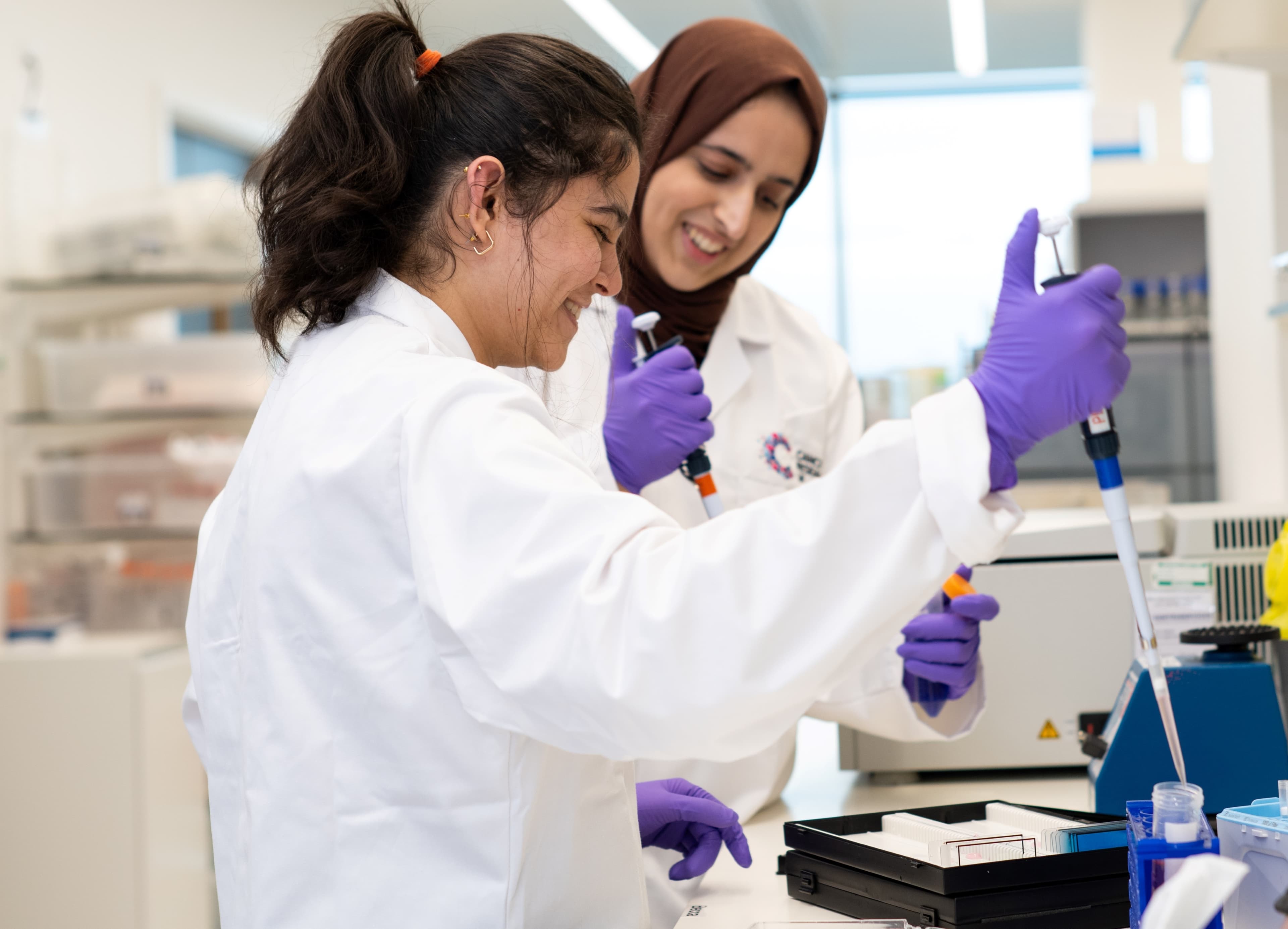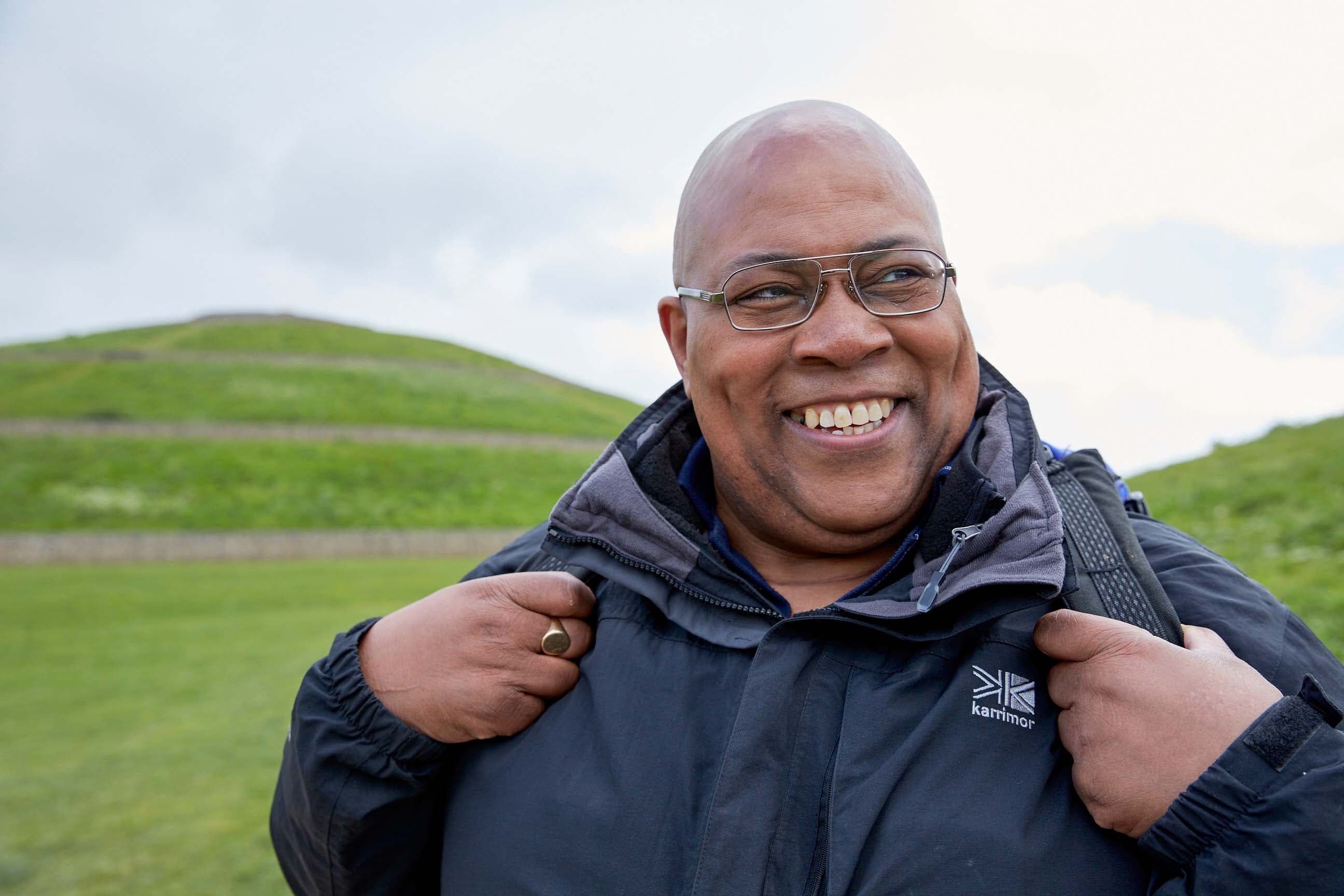
From international studies looking for preventable causes of prostate cancer, to pinpointing the faulty genes that drive prostate cancer growth, our researchers are working hard to find better ways to prevent, diagnose and treat prostate cancer. Below are some examples of how our scientists are tackling prostate cancer right now.
In Birmingham, Professor Nick James is leading a major clinical trial called STAMPEDE. It aims to find the best treatment for men with newly diagnosed, advanced prostate cancer. The trial’s novel design allows different treatments and treatment combinations to be compared to standard treatment. The aim is to see if these combinations can further improve survival, delay the cancer coming back or improve quality of life. The trial has already produced results showing how certain drugs can substantially improve survival for this group of men.
The mutations in tumour cells can vary widely between patients, or even between cells of the same tumour. This variation, known as heterogeneity, is often why cancers develop resistance to treatment. Dr Marco Bezzi at the Institute of Cancer Research is examining heterogeneity in prostate cancers with the aim of developing combinations of treatments that exploit cancer evolution. Bezzi is also a member of the Cancer Research UK Convergence Science Centre
Read more about the Convergence Science Centre
Professor Emma Hall in London is working with a team of clinical investigators on a prostate cancer clinical trial. It will compare four different types of radiotherapy to find out which works best as a treatment for patients who are at high-risk of their cancer spreading. The trial tackles the disease on two fronts by targeting both the prostate and pelvic area with radiotherapy and by boosting treatment to the tumour itself. The main aim of the trial is to reduce the chances of the cancer coming back.
Professor Freddie Hamdy is a prostate cancer surgeon and researcher in Oxford. He’s testing if new fluorescence and imaging techniques could be used to improve treatment for the disease. The aim is to see if using these techniques before and during surgery can help doctors determine if a tumour is within the prostate, or if it has spread. This could help doctors ensure no tumour is left behind and prevent the cancer returning.
Read more about prostate cancer treatment

Thanks to research, we've helped change the outlook for men with prostate cancer.

Meet people like Alfred who have experienced first-hand how our research is making a difference. The life-saving research we do wouldn’t be possible without your support.
Want to find more information about our research or prostate cancer?